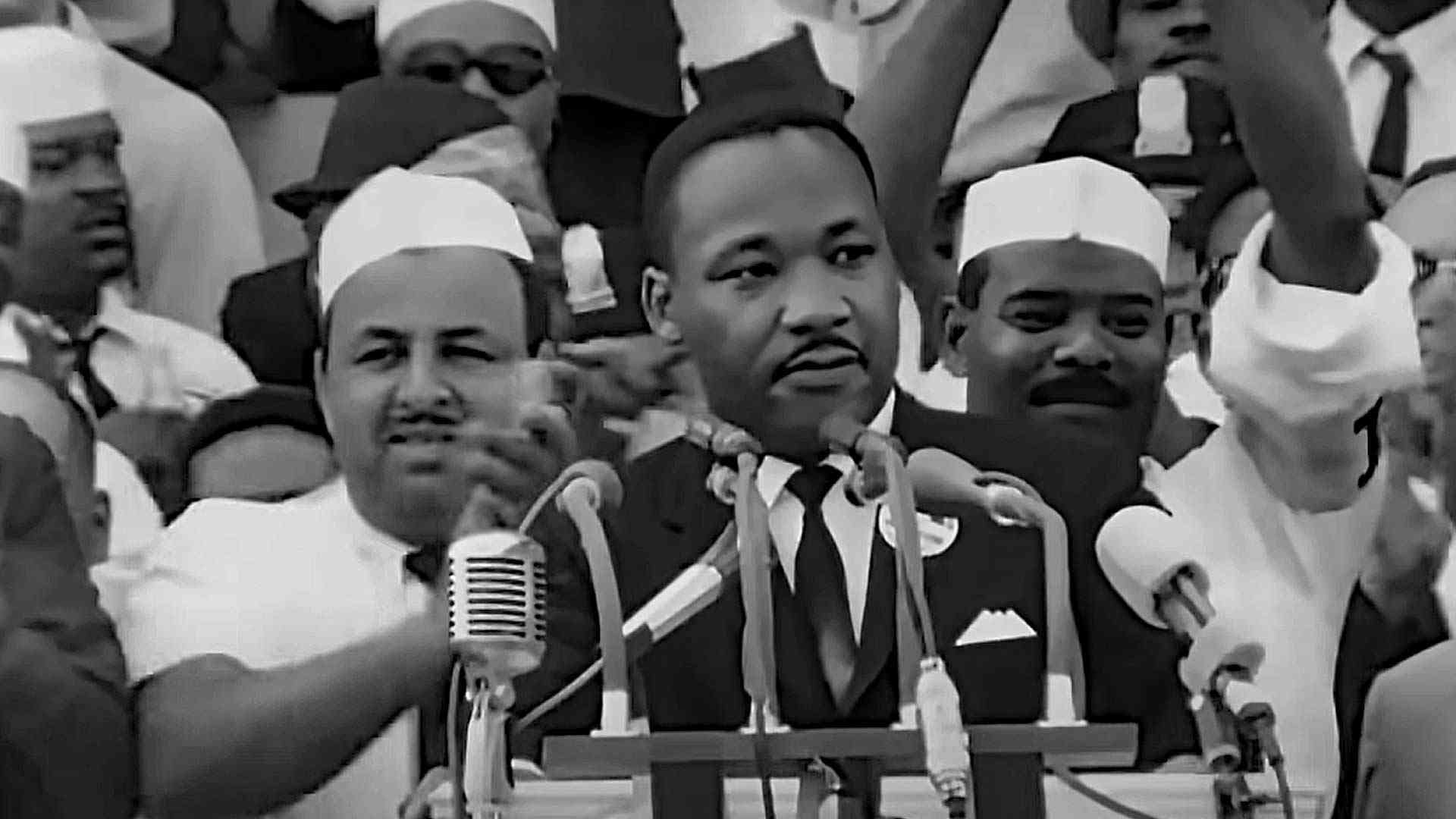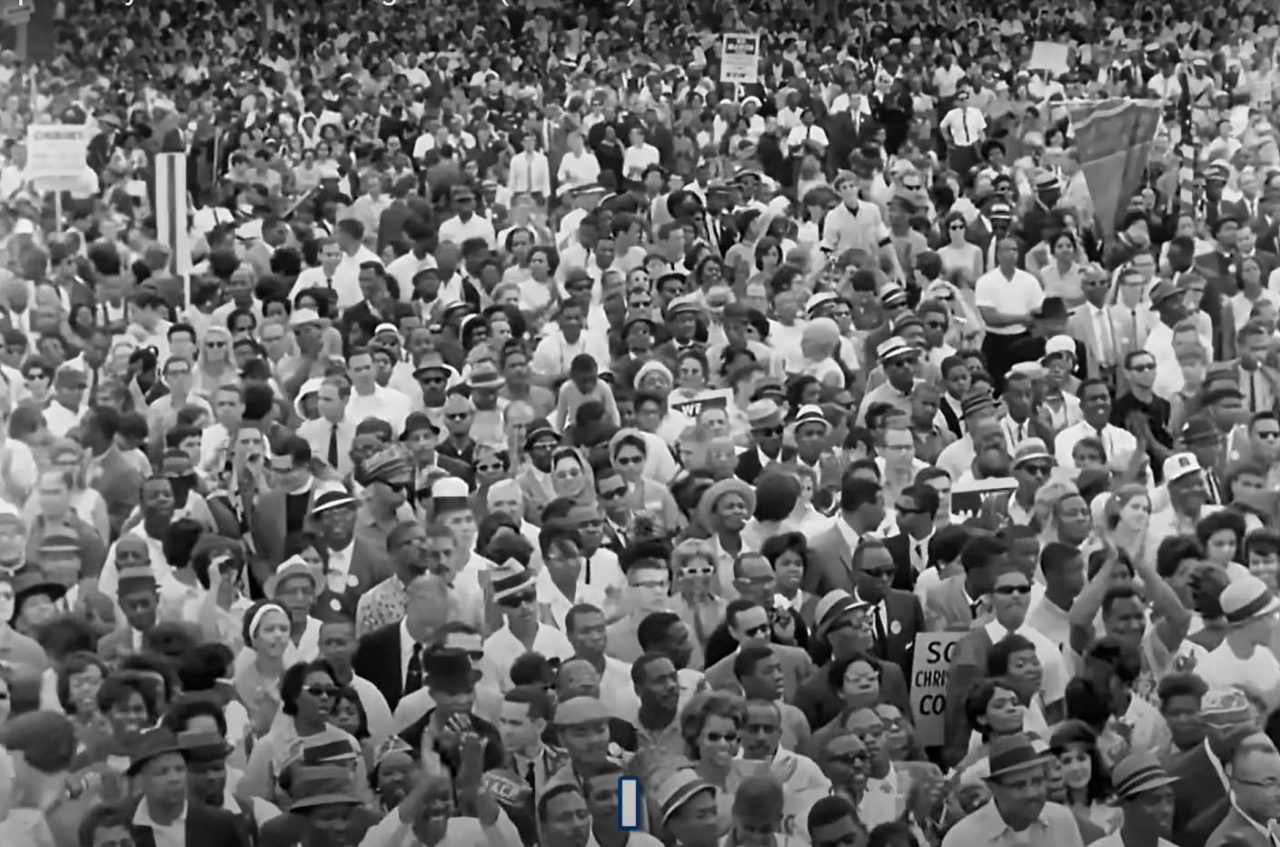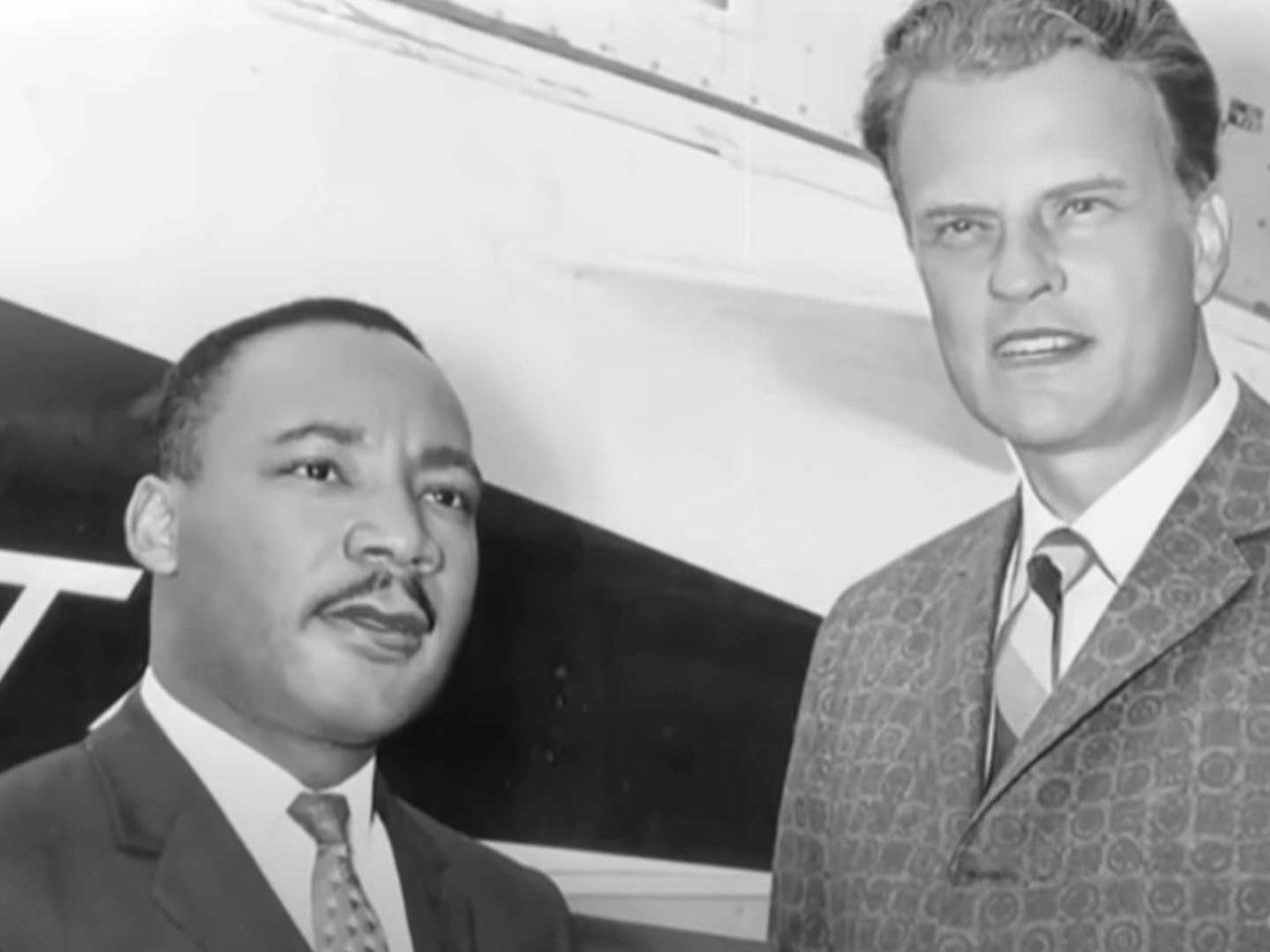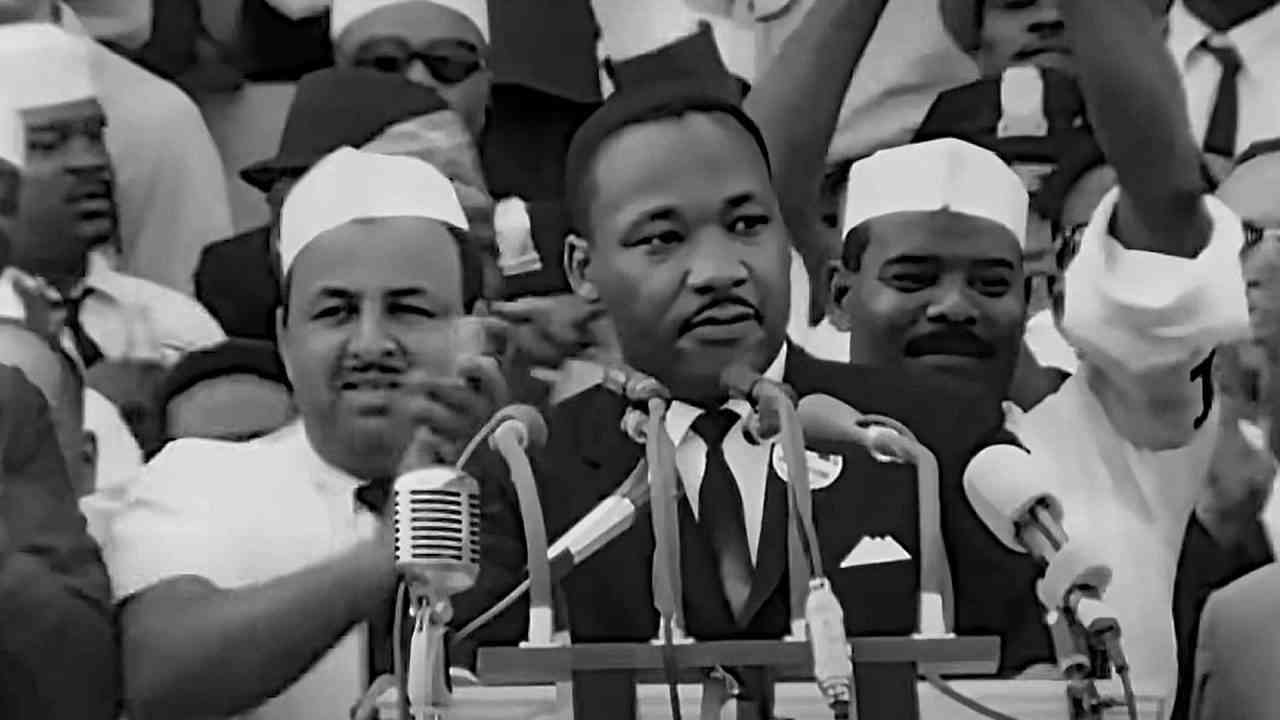
Editor’s note: This is the second in a series on critical race theory and the Black Lives Matter movement by Anchorage pastor Prince Nwankudu. Read part one here.
MLK did not view the U.S. as fundamentally racist but called for the check of freedom and inalienable rights of all citizens guaranteed by the Constitution of the United States to be cashed by the blacks. He insisted that, “When the architects of our republic wrote the magnificent words of the Constitution and the Declaration of Independence, they were signing a promissory note to which every American was to fall heir. This note was a promise that all men, yes, black men as well as white men, would be guaranteed the unalienable Rights of Life, Liberty and the pursuit of Happiness.” However, he insisted that blacks have been cheated out of those constitutional rights, and those rights were what he dreamed would one day be acknowledged for all men equally, irrespective of the color of their skin.

In the epic 1963 “I Have a Dream” speech, MLK seems to echo Fredrick Douglass who responded to radical activists of his day, akin to today’s Black Lives Matter (BLM) and Critical Race Theory (CRT) activists, with these words: “My point here is, first, the Constitution is, according to its reading, an anti-slavery document; and, secondly, to dissolve the Union, as a means to abolish slavery, is about as wise as it would be to burn up this city, in order to get the thieves out of it.”
In other words, rather than subscribing to the CRT declaration that the U.S. is irredeemably and fundamentally racist or condemn the Constitution as the white man’s code for systemic racism, African Americans should continue asserting their rights already enshrined in the Constitution and explore the opportunities created by cumulative civil rights gains to further the upward progression of racial equality in the U.S.
Douglass was an inclusivist who believed in dialogue across racial and ideological lines. When radical abolitionists under the slogan “No Union with Slaveholders” confronted his approach in 1855, he stated: “I would unite with anybody to do right and with nobody to do wrong.” Likewise, Martin Luther King Jr. was an inclusivist who believed in dialogue across racial and ideological lines. He did not advocate for bitterness, hatred, vengeance or violence against slaveowners, racists, whites or oppressors. Instead, he emphasized:

“But there is something that I must say to my people, who stand on the warm threshold which leads into the palace of justice: In the process of gaining our rightful place, we must not be guilty of wrongful deeds. Let us not seek to satisfy our thirst for freedom by drinking from the cup of bitterness and hatred. We must forever conduct our struggle on the high plane of dignity and discipline. We must not allow our creative protest to degenerate into physical violence. Again and again, we must rise to the majestic heights of meeting physical force with soul force.”
It is a historical fact that MLK was a champion of non-violent human rights activism. He did not see all whites as a class of highly educated, privileged and rich oppressors, while all blacks are simply the opposite: all uneducated, all underprivileged, all poor, and all oppressed. Rather, he cautioned, “The marvelous new militancy which has engulfed the Negro community must not lead us to a distrust of all white people, for many of our white brothers, as evidenced by their presence here today, have come to realize that their destiny is tied up with our destiny. And they have come to realize that their freedom is inextricably bound to our freedom. We cannot walk alone.” This is the true spirit and legacy of Martin Luther King Jr.
However, Black Lives Matter and critical race theory proponents are exclusivists who believe and teach that all whites, as a collective class, are the oppressors and irredeemable racists who cannot be trusted even when they do something to help the black cause. They chant vengeance, retaliation and humiliation against the whites in a flagrant flip of the table – racism against the white privileged class. It is obvious that MLK did not believe that judging whites by the color of their skin is a valid method of combating racism. What a glaring and yet very terrible contradiction when CRT and BLM claim to espouse MLK’s legacy.
ALASKA WATCHMAN DIRECT TO YOUR INBOX
Unfortunately, many African Americans and others who believe in anti-racism have been tricked into supporting CRT and BLM because they claim to be upholding MLK’s legacy. CRT and BLM are therefore the proverbial hands of Esau but the voice of Jacob, disguised as furthering MLK’s legacy but speak the language of a contradicting ideology.
Suffice it to echo Apostle Paul’s rightful warning in Colossians 2:6-10:
As you have therefore received Christ Jesus the Lord, so walk in Him, rooted, and built up in Him and established in the faith, as you have been taught, abounding in it with thanksgiving. Beware lest anyone cheat you through philosophy and empty deceit, according to the tradition of men, according to the basic principles of the world, and not according to Christ. For in Him dwells all the fullness of the Godhead bodily; and you are complete in Him, who is the head of all principality and power.
Disclaimer:
To reject the CRT ideology or BLM, is not to deny that racism exists. I do not deny the evil that African Americans have experienced or currently experience in the USA. I have personally experienced racism as a Black man. However, there are better solutions than the methods used by CRT and BLM. There are methods that truly reflect MLK’s legacy, methods that do not only ensure social equality but promote intellectual, economic, and cultural empowerment of African Americans and all minorities. The RACS Bridge the Gap (BTG) Initiative is one of those alternatives. Click here for details.








2 Comments
Gospel is meant for all. Pastors and attendees are to share it and invite all to their church and socials. We can look right here in anchorage which pastors and members had not left their own comfortable clusters of church families dominately one race i.e: all black, all white, all filipino, all korean, all hispanic, all samoan, all hmong. You know! Billy graham himself cut the ribbons that seperated his white and black crusades attendees. We are to preach the gospel to all not to a someone we are comfortable around. There are no racial clusters in heaven. I am glad! Cause i won’t be left out for not looking like a crowd’s preference.
The temptation of equating retaliation to justice is very real. While venting or transfer of aggression can inflict the same pain on others, it can never really heal us from the same pain, as the saying goes: “two wrongs don’t make a right”. Forgiveness starts the healing. Thank you Apostle Prince.